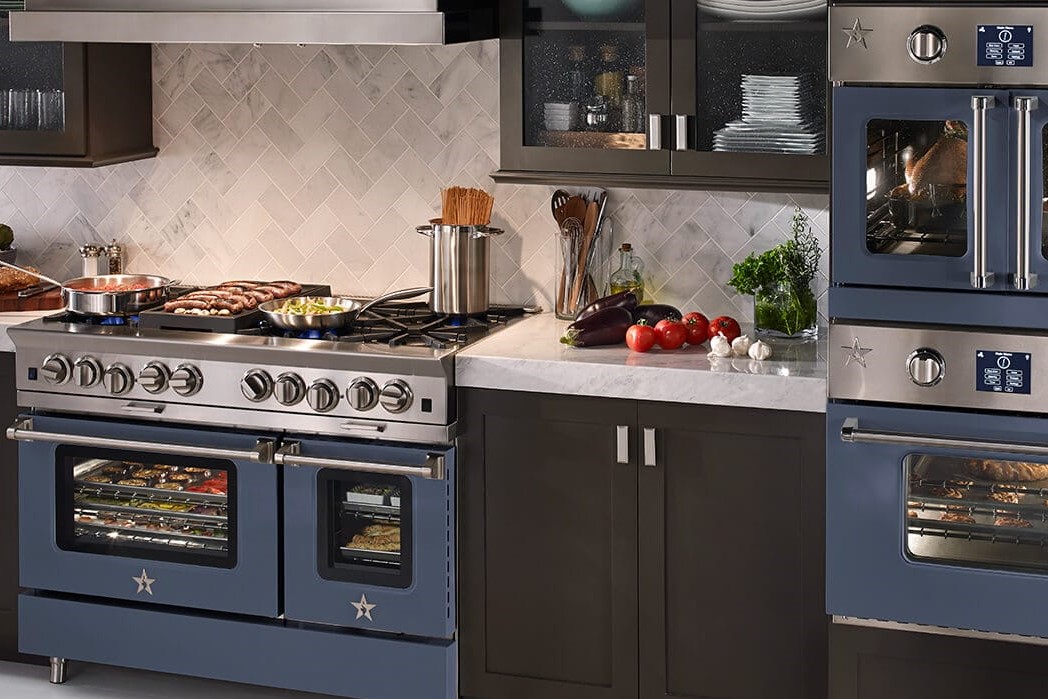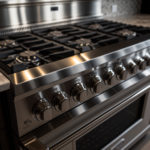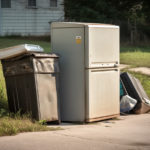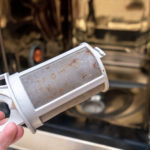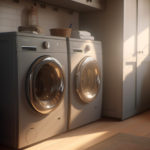
3 Most Common Refrigerator Issues
Refrigerators play a crucial role in our daily lives, preserving our food and keeping it fresh. However, even the most reliable appliances can face issues from time to time. As an appliance repair technician, I’ve encountered a wide range of refrigerator problems across various styles and brands. In this article, I’ll share the three most common issues that homeowners face with their refrigerators, along with tips and solutions to tackle these problems. By addressing these concerns promptly, you can ensure your refrigerator remains efficient and extends its lifespan. So, if your fridge is not cooling enough, leaking water, or making excessive noise, read on to learn how to identify and resolve these issues.
Issue 1: Fridge Not Cooling But Freezer Works – Lack of Airflow
If you’re experiencing a fridge not cooling enough but the freezer is still freezing, it’s usually caused by a lack of airflow between the two sections. Here are some possible causes and solutions for this problem:
- Failed evaporator fan: If your fridge is not cooling but the freezer works, check if the fan is running; if not, it may need to be replaced.
- Stuck or failed damper: Inspect the damper for proper operation and ensure it’s opening and closing correctly when your refrigerator is not working but the freezer is.
- Clogged drain causing airflow blockage: Clear any debris or ice buildup that could be blocking the airflow between the freezer and fridge sections.
- Failed defrost thermostat or heater: If the freezer isn’t defrosting properly, the evaporator may turn into a block of ice, causing the fridge not to cool enough. Check the thermostat and heater for proper function.
- Blocked vents due to items in the refrigerator: Ensure that items in both the freezer and fridge sections aren’t blocking the vents that allow airflow when your fridge isn’t cooling enough but the freezer works.
- Failed thermostat or control board: In some cases, a faulty thermostat or control board may prevent the damper from opening and allowing airflow, causing the fridge not to cool enough while the freezer functions properly. Check these components for proper operation.
Issue 2: Leaking Water from the Refrigerator
If you notice water leaking from your refrigerator, there are several possible causes. Some common sources of water leaks include:
- Leaky water inlet valve: Inspect the valve for any signs of damage or wear and replace it if necessary.
- Damaged tubing: Check the tubing that carries water to and from the water filter head, the water valve, the water dispenser, and the ice maker for any cracks or leaks.
- Blocked defrost drain: Water can accumulate from the defrost cycle if the drain is blocked by debris or ice. Clear the drain to prevent further leaks.
- Broken or gapped door seal: Inspect the door seal for any gaps or damage that could be allowing warm air into the refrigerator, causing condensation and leaks. Replace the door seal if needed.
- Cracked or damaged drip pan: Inspect the drip pan, which collects water from the defrost cycle, for any cracks or damage that could cause leaks.
You can get more information from this article “Solved! Refrigerator Leaking Water.”
Issue 3: Excessive Noise from the Refrigerator
If your refrigerator is making excessive noise, consider the following possible causes and solutions:
- Unbalanced or loose compressor: Check if the compressor is securely mounted and properly balanced. Tighten any loose bolts or add rubber pads to absorb vibrations.
- Evaporator or condenser fan motor issues: Inspect the fan motors for any signs of wear or damage. If they are making excessive noise, they may need to be replaced.
- Damaged fan blades: Examine the evaporator and condenser fan blades for damage or obstructions. Clean or replace the blades if necessary.
- Defrost timer: A faulty defrost timer may cause the refrigerator to run constantly or make clicking noises. Replace the timer if it’s not functioning correctly.
- Vibrations from surrounding objects: Ensure that items around or on top of the refrigerator aren’t causing vibrations or noise. Remove or reposition any objects that could be causing the problem.
- Refrigerator not level: Check if the refrigerator is level and adjust the leveling feet if needed. An uneven refrigerator may cause excessive noise due to vibrations.
Understanding and addressing the most common issues with refrigerators of any style or brand can help you maintain your appliance’s efficiency and prolong its lifespan. If a problem persists, or you’re unsure about a solution, don’t hesitate to call us at (304)807-9057 or schedule a diagnostic online. Regular maintenance and prompt attention to issues can save you money and frustration in the long run.

Leon is a skilled appliance repair technician serving the Huntington, WV and Ashland, KY areas. With years of hands-on experience and a passion for fixing things, Leon is dedicated to helping homeowners breathe new life into their appliances.

